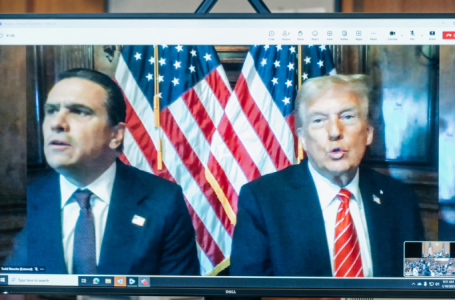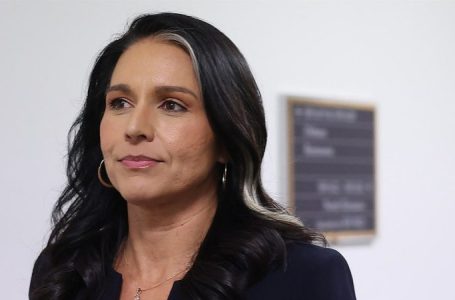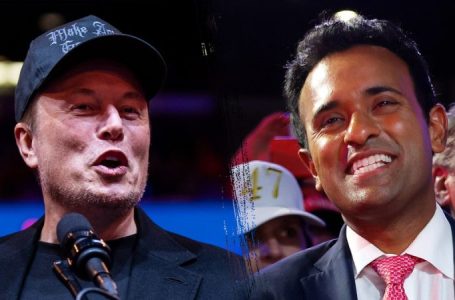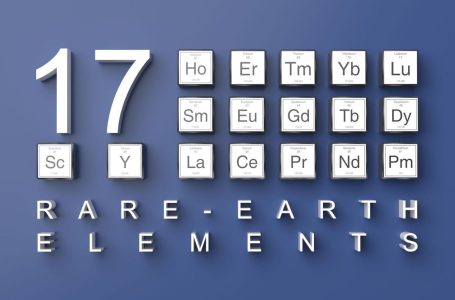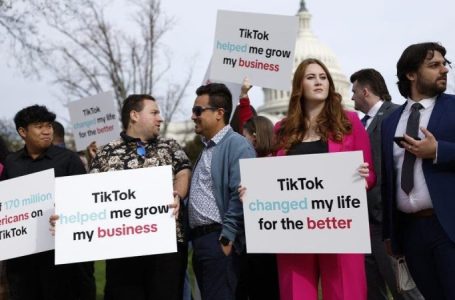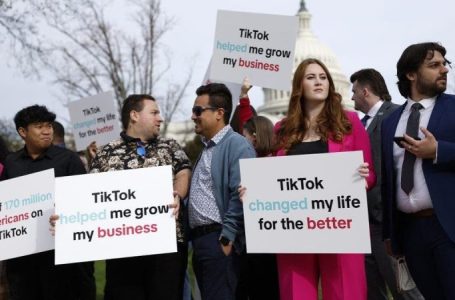Dems eerily silent on Trump sentencing as they prepare for Republican trifecta in Washington
Donald Trump sentenced with no penalty in New York criminal trial, as judge wishes him ‘Godspeed’ in 2nd term
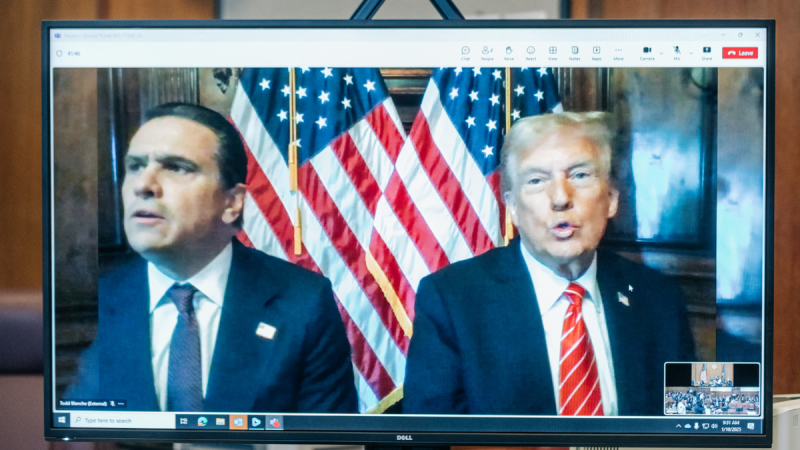
President-elect Donald Trump was sentenced to an unconditional discharge Friday after being found guilty on charges of falsifying business records stemming from Manhattan District Attorney Alvin Bragg’s yearslong investigation.
The president-elect attended his sentencing virtually after fighting to block the process all the way up to the United States Supreme Court this week. Trump sat beside his defense attorney Todd Blanche.
Judge Juan Merchan did not sentence the president-elect to prison, and instead sentenced him to an unconditional discharge, meaning there is no punishment imposed: no jail time, fines or probation. The sentence also preserves Trump’s ability to appeal the conviction.
‘After careful analysis, this court determined only lawful sentence that permits entry of judgment of conviction is an unconditional discharge,’ Merchan said Friday. ‘At this time, I impose that sentence to cover all 34 counts.’
Merchan added, ‘Sir, I wish you Godspeed as you assume your second term in office.’
Before Judge Merchan announced the sentence, Trump called the case a ‘tremendous setback for the American court system.’
‘This is a great embarrassment to the state of New York,’ Trump said, adding that the people saw the trial firsthand, and voted ‘decisively’ to elect him as president.
Trump said the Justice Department was ‘very involved’ and stressed that a case like this against a former president, candidate and now president-elect has ‘never happened in our country before.’
‘And I would just like to explain that I was treated very, very unfairly. And I thank you very much,’ Trump said Friday.
Merchan set Jan. 10 for the sentencing, just 10 days before Trump is set to be sworn in as the 47th president of the United States.
Merchan, upon scheduling the sentencing last week, said that he was not likely to ‘impose any sentence of incarceration,’ but rather a sentence of an ‘unconditional discharge.’
During Friday’s sentencing hearing, Merchan said he took the ‘unusual step’ of informing Trump of his sentence prior to the proceeding.
‘The imposition of sentence is one of the most difficult decisions that any criminal court judge is called to make,’ Merchan said, noting the court ‘must consider the facts of the case along with any aggravating or mitigating circumstances.’
Merchan reflected on the case, saying that ‘never before has this court been presented with such a unique set of circumstances.’ The judge said it was an ‘extraordinary case’ with media interest and heightened security but said that once the courtroom doors were closed, the trial itself ‘was not any more unique or extraordinary’ than any other case.
Trump filed an appeal to block sentencing from moving forward with the New York State Court of Appeals. That court rejected his request.
Trump also filed an emergency motion with the U.S. Supreme Court, arguing that it ‘immediately order a stay of pending criminal proceedings in the Supreme Court of New York County, New York.’
The high court denied the request, saying ‘the application for stay presented to Justice Sotomayor and by her referred to the Court is denied for, inter alia, the following reasons.’
‘First, the alleged evidentiary violations at President-Elect Trump’s state-court trial can be addressed in the ordinary course on appeal,’ the order states,’ the Supreme Court’s order, filed Thursday night, stated. ‘Second, the burden that sentencing will impose on the President-Elect’s responsibilities is relatively insubstantial in light of the trial court’s stated intent to impose a sentence of unconditional discharge’ after a brief virtual hearing.’
The order also noted that ‘Justice Thomas, Justice Alito, Justice Gorsuch, and Justice Kavanaugh would grant the application.’
Trump needed five votes in order to have his request granted. The note on the order suggests Chief Justice John Roberts and Justice Amy Coney Barrett voted with Justices Sonia Sotomayor, Elena Kagan, and Katanji Brown Jackson.
Trump will be sworn in as the 47th president of the United States on Jan. 20.
Trump has maintained his innocence in the case and repeatedly railed against it as an example of ‘lawfare’ promoted by Democrats in an effort to hurt his election efforts ahead of November.
